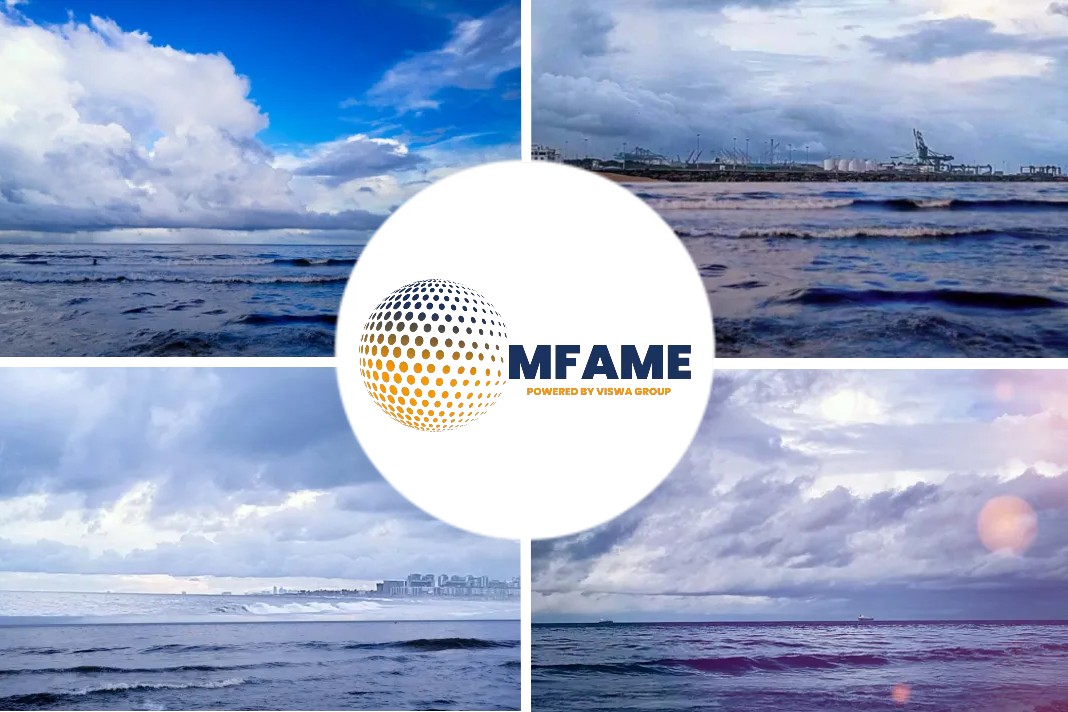A surge in demand for liquefied natural gas tankers has left South Korea’s shipbuilding industry scrambling for workers after shedding half its workforce during an earlier slump, spurring the government to step in amid fears that Chinese rivals could fill the gap, says an article published in Nikkei Asia.
Cap on visas
The Justice Ministry on April 19 announced an increase in the cap on visas for workers with specific in-demand skills, effective that day. The country will now allow in up to about 4,400 welders, painters and others with essential shipbuilding-related skills, five times the previous limit.
This unusual move by Seoul to allow thousands more visas for a specific field followed intense lobbying by the shipbuilding industry, which employs many workers from Southeast Asian countries including Vietnam, Thailand and the Philippines.
The country is home to three of the world’s largest shipbuilders: Hyundai Heavy Industries, Samsung Heavy Industries and Daewoo Shipbuilding & Marine Engineering, ranked second, third and fourth in the world respectively.
“We can’t handle the increase in orders with our current staff,” an executive at one shipbuilder said. “Hopefully the loosened visa restrictions will ease the labor shortage.”
Orders doubled worldwide
Demand in the industry has skyrocketed since last year. Orders doubled worldwide in 2021 compared with 2020, according to Clarksons Research. In South Korea, orders clocked in at an eight-year high of $43.9 billion, industry ministry data shows — up 2.3-fold from 2020 and a 93% increase from 2019, before the coronavirus pandemic hit.
The momentum has continued this year. Looking specifically at LNG tankers — a market roughly 90% controlled by South Korea — orders for 37 vessels were placed in the first quarter alone, equivalent to half the full-year total for 2021. Shipbuilders’ dockyards will be full until 2024.
The boom has fueled high expectations among investors, buoying share prices even as the broader stock market has slumped since Russia’s invasion of Ukraine. Hyundai Heavy has rallied 51% since the end of 2021, and Samsung Heavy and Daewoo Shipbuilding have defied the downtrend as well.
Russia-Ukraine Conflict
The Ukraine conflict is a major factor behind the recent jump in orders.
As tensions rose late last year, countries in Europe, which sources about 40% of its natural gas from Russia, began considering scaling back Russian imports in favor of the Middle East and Southeast Asia, which would involve transporting gas by sea rather than via pipeline. Shipping companies began placing more orders for tankers in anticipation of this shift.
But shipbuilders lack the staff to handle the influx after slashing payrolls during a demand slump in the mid- to late 2010s.
The number of workers in the industry plunged from about 200,000 in 2014 to around 90,000 in 2021, according to an industry group. And the difficulty of automating many parts of the construction process, such as assembling internal equipment, means that labor-saving measures can do only so much to fill the gap.
Shipbuilding as undesired trade
In addition, workers in South Korea can fetch higher incomes in high-tech industries such as semiconductors, internet services and video games. Shipbuilding is now regarded as a relatively undesired trade.
Shipbuilders also have trouble recruiting young workers due to geographical issues. Shipyards are mostly concentrated in the southeast portion of the country, far removed from the capital of Seoul near the northern border.
Earnings at the shipbuilders are still being squeezed by money-losing orders and delivery delays stemming from the down years. On top of that, the prices of steel and other materials have spiked.
Each of the Big Three shipbuilders reported operating losses for 2021. Such a financial position leaves the companies limited room to invest, which keeps aging production equipment in place. The rise in orders is not expected to be immediately reflected in earnings.
Major global market share
South Korean shipbuilders have sustained competition from Chinese rivals too. Japan, China and South Korea command the majority of the global market share. South Korea rose past Japan to take the top spot in the 2000s.
But in the 2010s, Chinese enterprises captured the boom in domestic demand and made significant strides on the international market by offering lower price quotes. Propelled by a merger, China State Shipbuilding Corp. swiftly stole the global crown from South Korean peers.
CSSC and other Chinese shipbuilders have accumulated a wealth of capabilities to make bulk carriers and container ships. Now they are landing orders for LNG tankers, which require more technical prowess.
Qatar’s state-run energy company has selected CSSC along with South Korea’s Big Three shipbuilders to fulfill an order spanning more than 100 LNG ships. It remains to be seen if South Korea’s industry will rally back against China.
Did you subscribe to our daily Newsletter?
It’s Free! Click here to Subscribe
Source: Nikkei Asia
















